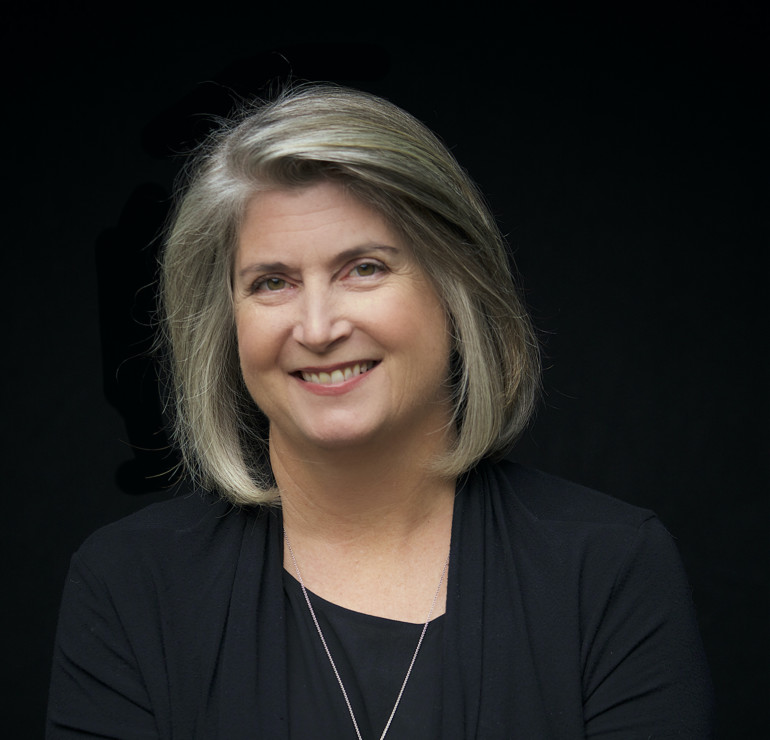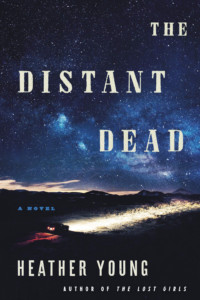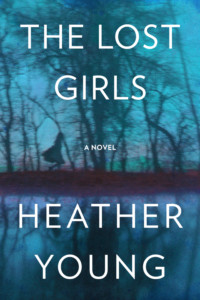Four years ago, at 51, I published my first novel. I did all the promotional things an author is supposed to do — I held readings at bookstores and tweeted the things my publicist told me to tweet — but my favorite thing to do was visit book clubs. Bookstores were scary, filled with strangers on metal chairs who stared at me while I read at them from behind a podium. Book groups were filled with women my age sipping wine in well-appointed living rooms. I went to any book club, anywhere, that would have me.
After a while, I began to notice something. The women in these reading groups asked about the book I wrote, but what they really wanted to know was how I’d written it. Over glasses of chardonnay they rested their elbows on their knees and asked how I’d gone from a 40-something mom to a 50-something published author.
Some, like me, had left careers to stay home with children. Others were three decades into careers they loved, but didn’t want to stay in forever. How did you make such a radical change? they asked. The most important words dangled unspoken: at your age. Although we can’t physically go to book clubs and book stores now, we can still start that novel — in fact, now just might be the perfect time.
This is what I told them.
I was 43. My kids were in middle school and the busy elementary years had given way to empty days and frantic afternoon carpools. Suddenly, I had too much of something I hadn’t had enough of since I left my law practice to be a stay-at-home parent: time. I could go back to law, but I’d been gone 10 years, and the professional gap was daunting. I thought about becoming a teacher, which seemed like hard but satisfying work. Then a friend asked me a simple question: “What would you do if you could do anything?” Without hesitation I said, “Write a novel.” “So do that,” she said.
I have to admit I jumped on this idea partly because it seemed easier than becoming a teacher. To become a teacher, I’d have to get a teaching certificate, maybe even a master’s degree, and I was already 43, for heaven’s sake. I knew how to put words into sentences, and I’d read thousands of books, so how hard could it be to write a novel? I could do it in six months, I figured. By the time I was 50 I’d have written a dozen and I’d be famous and successful and rich. This was my plan.
Unfortunately, it turns out that the only people who can write a book in six months are savants and liars. After a whole year, I had only managed three chapters. Clearly, I wasn’t going to write a dozen books in my lifetime, much less in half a decade. But I’d fallen in love with writing and somewhere in that year I’d stopped looking at the calendar. So when I heard about a long-distance MFA program, I applied. Two years later, I had that degree and 13 chapters. Another year passed, then another. I went to writers’ workshops, wrote some more, read books on the craft and wrote some more. I wrote when the kids were at school. I wrote in the car when they were at soccer practice. I wrote until the characters in my head were almost as real as the husband and children sitting at my dinner table.
“How’s the book coming?” asked friends in the grocery store. “You’re not getting any younger, you know.” “Fine,” I said, as two years became four and four became six and six became seven. It wasn’t fine. It was hard. But I still loved it, so I kept going, even as my 40s ticked by.
I was 50 when I finally sent the book into the world to see if anyone would publish it. The work of my heart, hanging on an email.
I did not think of the seven years I’d given to it or how much time I had left. I had pulled a story, complete and entire, from the dregs of my mind. The journey had been worth it, and if I had to self-publish the damned thing and brow beat everyone I knew into buying it, that’s what I would do.
Then a publisher bought it, for real, actual money, and in the moment it took to sign the contract I went from a mom with a weirdly obsessive hobby to a professional writer who got paid for her work. A year later, I was standing, blinking back tears, in Book Passage with my book in my hands. End of story, I’d say, as the women in the well-appointed living rooms nodded. They’d asked me how I’d done it, and I’d told them.
But that’s not what I’d tell them now. At least, it’s not all I’d tell them. Last summer I spent a weekend with my seven oldest friends. We listened to ’80s music and drank rum and Cokes, but we spent more time talking about the future than about the past. About retirement, children leaving, marriages ending, parents aging. As we sat around the kitchen table I saw our lives laid out as though they were a play. We’d met in the first act. We’d crossed to the second together, breathless with excitement. Now the second act, with all its working and marrying and parenting, was ending, and I saw that my friends were afraid. They weren’t sure where the road they’d traveled for 30 years was taking them, or how short that distance might be.
But I wasn’t afraid, and suddenly I understood something. During the years I’d spent becoming an author, I’d completely forgotten where I was in the play of my life. That was the secret the book clubs had really wanted to hear. The big, fat, triple-password key to how I’d done something that if you’d asked me before I started, I would have said was only possible when I was in my 20s.
So, here’s what I would tell them now. Sometimes, life unfolds in a way that allows us to do something crazy when we least expect it. Children grow up and leave us with less laundry to do. Careers wind down and younger hands take the baton we pass. Losses like divorce or the deaths of our parents leave gaping spaces in our emotional houses. How we fill them is up to us. We can run for office, start a business, write a novel or learn to knit. It doesn’t matter. So long as we don’t live like we’re trapped between 10-foot guardrails and running out of road. Because it turns out the secret to living your third act is to treat it as though it were your first. As though you were 22 again, stupid and brave in equal measure, with all the time in the world.
I’m 55 now, and my second book comes out this summer. This one took three years, which is better than seven, so maybe I’ll have three books done by the time I’m 60. But I don’t think about that. Because if I’d thought about decades as deadlines, I’d never have written even one.
How to Help
There are so many local businesses that need your help right now. For more ways to support local businesses, go here.




